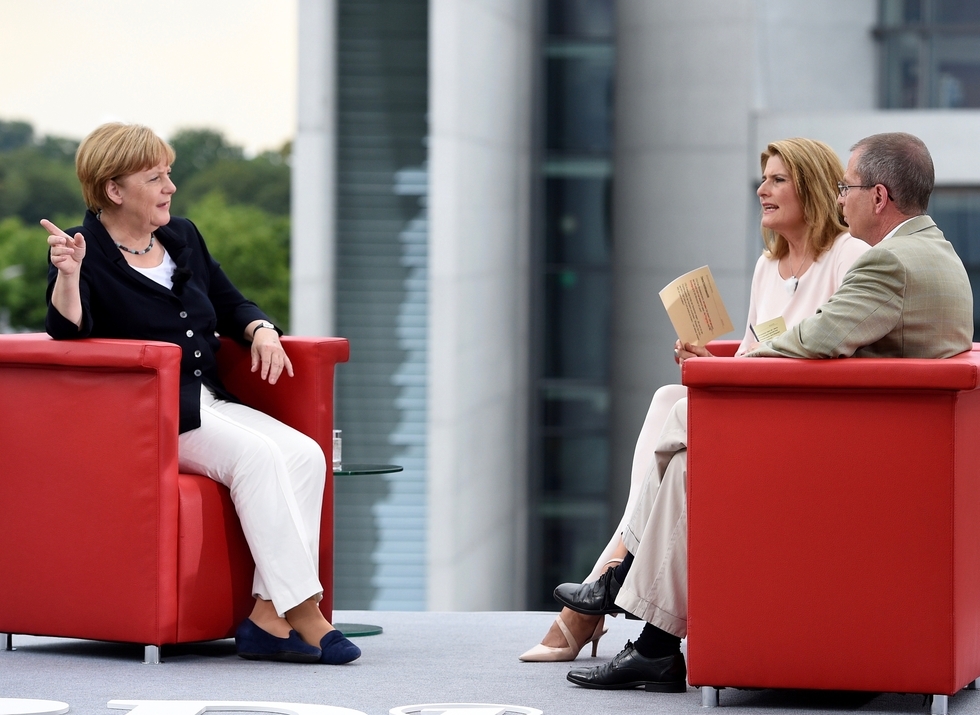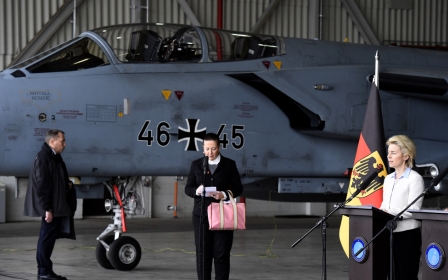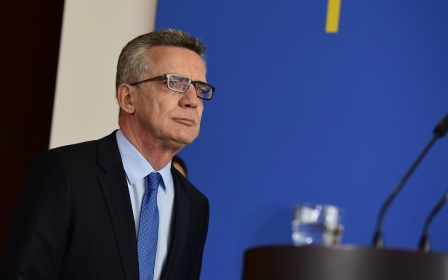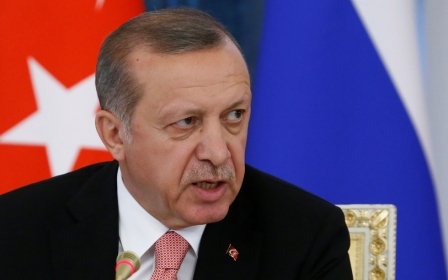EU nations must not refuse Muslim refugees, says Angela Merkel

"That's not right at all that some countries say: 'Generally speaking, we don't want to have Muslims in our countries'," Merkel told German public television channel ARD.
Backing the idea of a quota system for taking in migrants, the German leader stressed that "everyone must do their part," and that "a common solution must be found."
A common European migration policy is a highly controversial issue, which will be on the agenda of an EU summit next month, with eastern members the Czech Republic, Hungary, Poland and Slovakia refusing to take in refugees under an EU-wide quota system championed by Berlin.
Slovak President Robert Fico has vowed he would "never bring even a single Muslim" into his country.
In 2015, Germany took in around a million asylum seekers, most from Syria, Iraq or Afghanistan, and this year it expects as many as 300,000 more to arrive, the Federal Office for Migrants and Refugees (BAMF) said on Sunday.
"We can ensure optimal services for up to 300,000. Should more people arrive, it would put us under pressure, then we would go into so-called crisis mode. But even then we would not have conditions like last year," BAMF chief Frank-Juergen Weise told the Bild am Sonntag newspaper
Merkel's decision last September to open the doors to asylum seekers was seen in many European nations, notably those in the east, as an invitation for further mass migration.
Some, like the Slovak leader, voiced fears of the emergence of a significant Muslim community in their countries.
On Tuesday, Czech Prime Minister Bohuslav Sobotka said he does not want a "large Muslim community... given the problems we are seeing" and that each EU member should be able to choose how many migrants to accept.
Germany to absorb new arrivals
BAMF chief Frank-Juergen Weise told the Bild am Sonntag newspaper that Germany's healthy economy and improvements to refugee services over the last year meant that the country was well-placed to absorb new arrivals, particularly as their numbers have dropped off.
Middle East Eye propose une couverture et une analyse indépendantes et incomparables du Moyen-Orient, de l’Afrique du Nord et d’autres régions du monde. Pour en savoir plus sur la reprise de ce contenu et les frais qui s’appliquent, veuillez remplir ce formulaire [en anglais]. Pour en savoir plus sur MEE, cliquez ici [en anglais].




